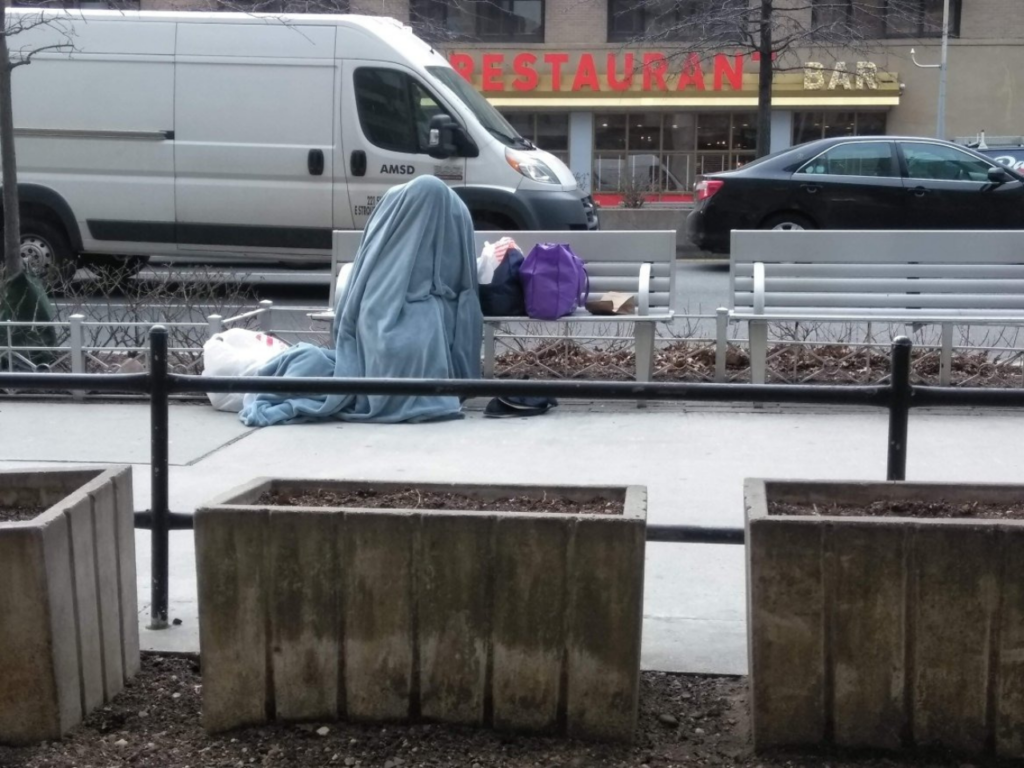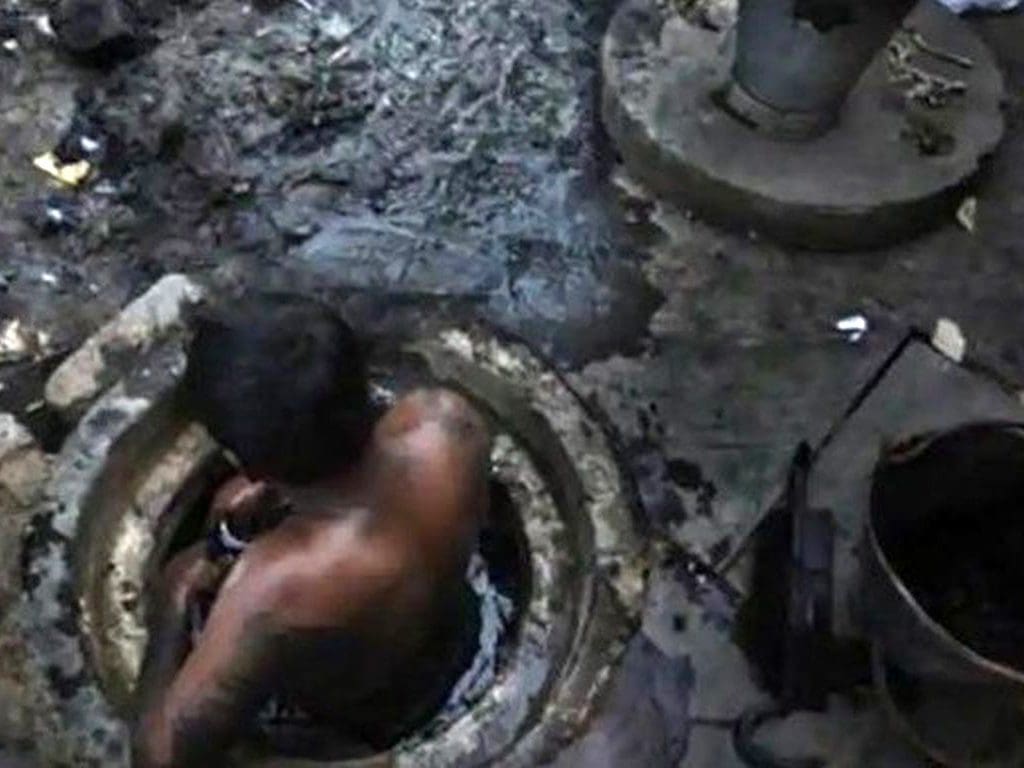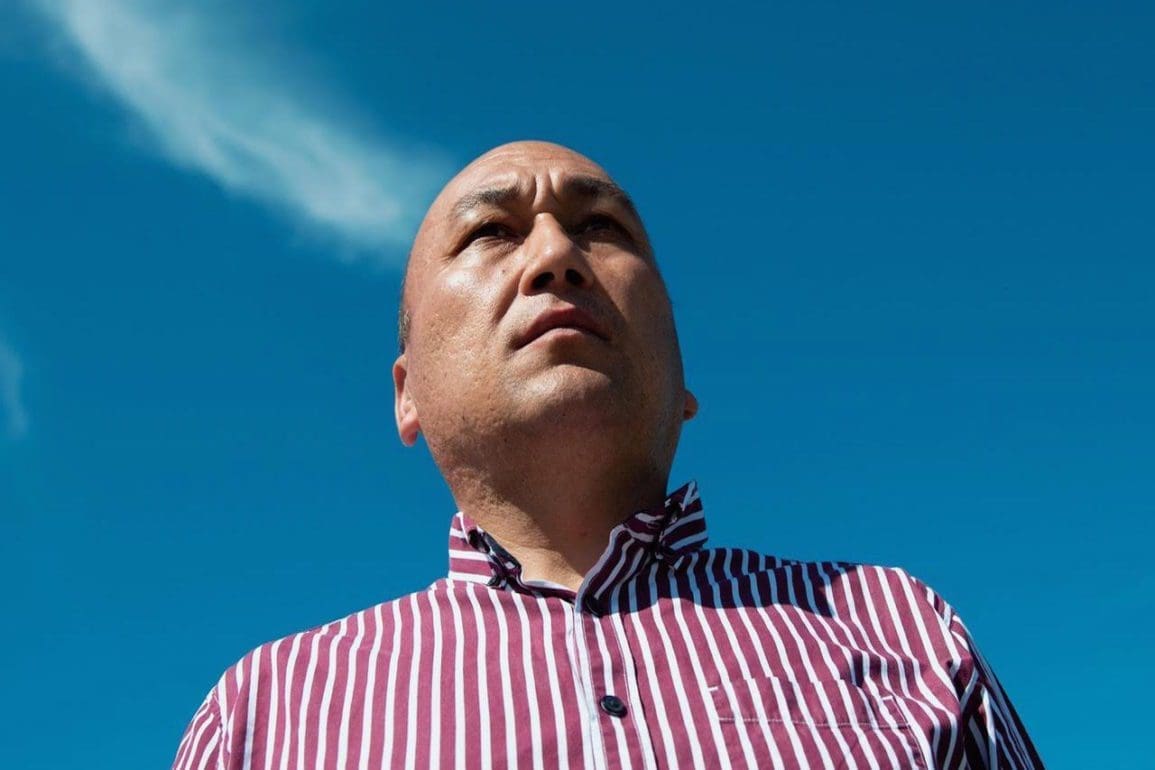Homeless in New York City: man works multiple jobs but still cannot afford housing
In the streets of New York City, I faced constant danger from addicts and thieves. In the subway, I hugged my bag as I tried to sleep. The tension of needing rest while feeling unsafe made it impossible to relax.
- 1 year ago
September 21, 2024

NEW YORK, United States — At 35 years old, I had dreams to chase but no place to sleep. For months, I was homeless on the streets of New York City, something I never imagined happening to me. Each day became a challenge, forcing me to find new ways to navigate the city while trying to rest without being robbed. It felt exhausting. I still long for my old life, a home, and the chance to pursue my dreams again.
Read more on homelessness at Orato World Media.
Layoff shatters my sense of stability, a situation never imagined
My first three years in New York City felt fantastic. I worked in a hotel, paid the bills, and found opportunities in fashion which is my true passion. Things looked positive until New York’s harsh reality hit me hard. One day, you have everything; the next, it’s gone.
I lost my job in March, and everything unraveled quickly. The day my boss let me go, I felt emotionally devastated, as if my world collapsed. After having my life under control, suddenly, the outcome did not depend on me anymore. The stability I thought I possessed, vanished instantly, leaving me in an unexpected situation.
When I first lost my job, I believed I would quickly recover. I had a degree, years of experience, and knowledge in various areas. Three weeks later, I found a new job, but the income barely covered half of my rent. Then my roommate lost his job, and with him gone, the full rent became impossible to pay. By early May, I found myself facing a new reality.
Despair consumed me as I scrambled for money, taking any job I could find. I moved from one shift to the next, ending each day utterly exhausted. Sleep became scarce, and I tried masking my stress with alcohol, drinking far more than I ever had before. Realizing I was spiraling, I isolated myself. Surviving day by day, the thought of ending up homeless haunted me.
New York’s unaffordable rent forced me onto the streets
Feeling completely overwhelmed, I reached out to friends I helped before, hoping for support. When they failed to come through, I felt betrayed. The painful realization of being truly alone left me with no safety net and no backup plan. “I failed, and no one can help me,” I thought, as I sunk further into isolation.
After being evicted, I ended up on the streets with my belongings, uncertain what to do with my furniture. I needed my collection of clothing and accessories for my styling work. In desperation, I went to the hotel where I used to work. Having built numerous relationships there over the years, I asked to store my things in an empty basement. Thankfully, they agreed, and I felt relieved not to lose everything. What I thought would be a temporary solution for a month stretched on endlessly, leaving me unsettled.
My first night without a home, I went to a bar where I used to work, hoping to find someone to let me crash at their place. I convinced people to invite me home and once there, I would say I was tired, allowing me to sleep inside. For two weeks, this worked. At first, it felt like a strange adventure. Soon, however, embarrassment set in.
Living that way felt unsustainable, so I stopped, but that left me face-to-face with the harsh reality of life on the streets at night. The first time I slept on the streets felt dehumanizing. I sought out 24-hour restaurants, trying to blend in by sitting far from view. Yet, employees often woke me up and told me to leave. I entered an endless cycle of living constantly on the move, unable to rest.
The streets of New York are unbearable
In the streets of New York City, I faced constant danger from addicts and thieves. In the subway, I hugged my bag as I tried to sleep. The tension of needing rest while feeling unsafe made it impossible to relax. Finding a bathroom became another challenge you never think about until you live on the streets.
After many places turned me away, I mapped out a few safe restrooms. Strategically planning every day left little time to sleep. Despite everything, I continued working in a restaurant, often catching brief naps on the subway. I used to wonder why people slept on public transportation instead of inside shelters. Now I understand why; sometimes it feels safer.
I visited four or five different shelters, and the experience in every one of them proved awful. Some shelters enacted curfews that conflicted with my work schedule, yet I needed to work. In the shelters I could access, it felt like a prison. The first arrivals took the few available beds, leaving the rest of us to sleep in chairs or on floors. Theft ran rampant. I needed to guard my belongings every minute. The constant fear, dirty bathrooms, and inedible food made it impossible. I woke up often, terrified by people watching me.
Surviving homelessness while holding a job: my fight for stability in New York
Luckily, working in a restaurant gave me access to one free meal a day, but it proved insufficient. I avoided buying more food to save money. Regularly, I made tough choices between spending $15 on lunch or saving it to afford a night in a hotel or Airbnb. Most days, I skipped meals entirely, sacrificing basic needs to stretch my savings as far as possible.
At one point, the people at my job discovered my homelessness. They saw me carrying bags, charging my phone constantly, and staying late. I became a workaholic, using my job to distract me. When they found out, they acted with kindness, offering extra meals so I no longer went hungry. I feared sharing my situation, thinking it would lead to worse treatment, but it did not.
Later, I found a job near Central Park in a trendy area. I started sleeping there, feeling safer than in other places. Each morning, I hid my belongings and headed to work. Today, things are a bit easier. A former coworker, after learning about my situation, invited me to stay at her house in the evenings. Now, instead of being on the streets constantly, I have a place to sleep.
Although I still work 10-hour days, I no longer need to wander the city until my next shift. Having a stable place saves me money. Living on the streets forces you to spend, even when you do not want to. I know I will climb out of this hole. My experience with homelessness, while difficult, has been a life lesson. It pushed me to fight to regain control of my life. I still find it hard to believe I have a job. Yet, my pay remains too low to afford housing. I continue to focus on turning things around and, in time, rebuilding my stability.








































